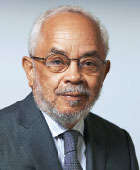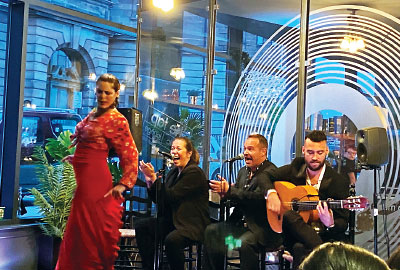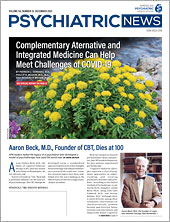The Edinburgh Festival is well known, but I was never able to attend it until this past summer. I made the most of the occasion and immersed myself in several simple and fabulous productions. I liked the one-woman musical play, “Black Is the Color of My Voice,” about the life of the American singer and pianist Nina Simone. The performance of African music by Sona Jobarteh on the Kora, a 21-string Gambian instrument, was spellbinding. A Flamenco concert of song and dance led by the Spanish guitarist Daniel Martinez completed this trilogy of differentiated works of art that verified for me the meaning of an arts festival. The three productions conjured up the connection to geography and migration. They told stories of the relationship of art and the rhythms of daily life. With a bit of imagination while viewing these performances, one could create narratives of loss, cultural displacement, love, and triumphant reengagement.
The Flamenco concert was a more personal experience, as the venue was smaller and more intimate than the others. At the close of the production, I was able to chat with Daniel Martinez, the 28-year-old guitarist and leader of his own flamenco company in Scotland. My first question focused on the meaning of his production’s title, “Art of Believing.” Before answering, he explained that he grew up in the Spanish city of Cordova and spent well over a decade training in music theory and performance on the Flamenco guitar. He graduated from the Royal Conservatory of Music in Cordova. After years of teaching and gaining professional experience at home in Spain, he participated in a music festival abroad. Then came the idea of leaving home, spreading his wings, and thinking about putting roots down in another country. He concluded that he could solidify his artistic identity in a foreign country where he could tell others about his music and share it. The production title was a way of displaying belief in himself, the music, and the commitment to his culture and antecedents.
The performance that evening was delivered by Daniel Martinez on guitar; Danielo Olivera and Inma Montero, both obviously adept at the Flamenco chanson; and Gabriela Pouso, a Flamenco dancer of the first order. They played off each other in turn, then in unison, and at other times produced remarkable solos. They served, too, as members of a harmonic chorus by singing, clapping, and stamping feet. Moods changed, reflecting tales of betrayal and disappointment, then stories of attachment and contentment. The dancer’s movements described passion, funereal regret, invitations to the fortunate, disgust at the treachery of others. The handclapping was executed crisply and clearly in the group celebrations. The Flamenco clap often uses that intertwining of the thumbs as the hands come together. The sound is sharp and explicitly rhythmic. All this continued as the guitarist expertly guided the dramatic storytelling with his music and punctuation. There was always the sense of fundamental community in the small group of performers, which extended to the audience.
Some scholars see Flamenco as the folkloric music traditions of the Andalusia region of Spain, powerfully influenced by the Gitanos, or Gypsies, who migrated from Egypt across India in the 15th century and ended up in Spain. Claims are made, too, about a connection between Flamenco music and early peasant songs. Others note the influence of Islamic, Jewish, and African culture in the music. Flamenco may well be an Arabic word, some say. The opening of 19th century cafés and bars (cafés cantantes), hosting Flamenco singing and dancing, are thought to have cemented the popularity of this new wave in Spain’s cultural landscape.
The performance of the Daniel Martinez Flamenco Company resurrected for me the challenge of recreating home outside its conventional boundary. Every year, some of us pursue this desire to move elsewhere. We do it confronting the problems inherent in self-exile from our home countries. We somehow manage to transform the probable danger into renewed opportunity as we refashion and improve our lives. Here, I am speaking of voluntary migration. Making the journey under duress is another matter altogether. The Daniel Martinez Company illustrated the possibility of drawing life from art. I could feel freedom in the music, dance, and song. As the famous artist Josef Albers said: Art tells us about seeing and feeling life. Albers also stated that music has life inside itself. The dance company made that point, and I understood better the art of believing. ■


